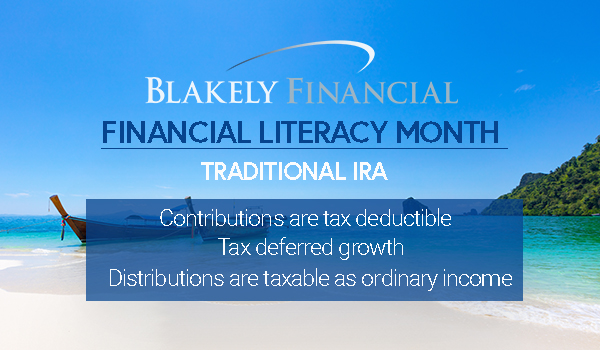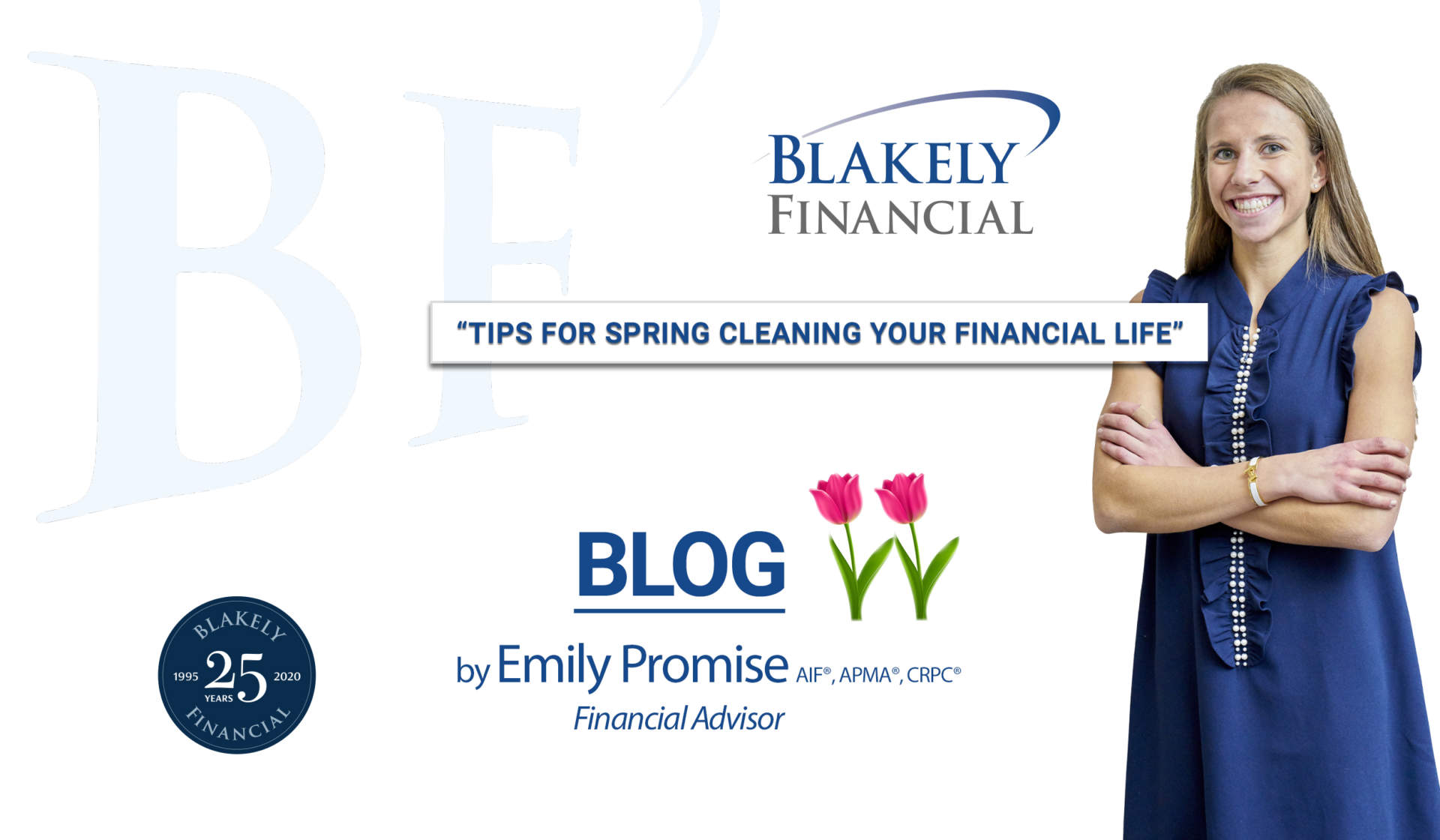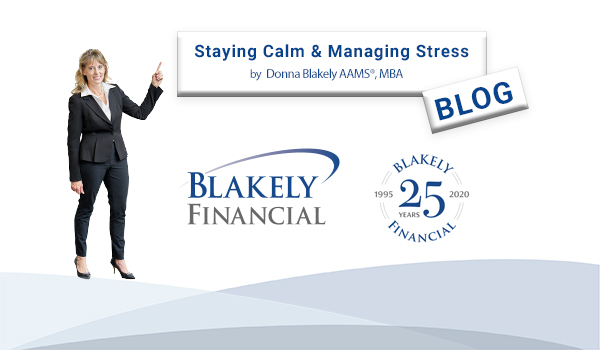Presented by ROBERT BLAKELY, CFP®, AIF®, CHFC®
Practically anyone can open and contribute to a traditional IRA. The only requirement is that you must have taxable compensation. You can contribute the maximum allowed each year as long as your taxable compensation for the year is at least that amount. If your taxable compensation for the year is below the maximum contribution allowed, you can contribute only up to the amount you earned.
Your contributions to a traditional IRA may be tax deductible on your federal income tax return. This is important because tax-deductible (pre-tax) contributions lower your taxable income for the year, saving you money in taxes. If neither you nor your spouse is covered by a 401(k) or other employer-sponsored plan, you can generally deduct the full amount of your annual contribution. If one of you is covered by such a plan, your ability to deduct your contributions depends on your annual income (modified adjusted gross income, or MAGI) and your income tax filing status. You may qualify for a full deduction, a partial deduction, or no deduction at all.
| Traditional IRAs – Tax Year 2020 | ||
| Individuals Covered by an Employer Plan
|
||
| Filing status | Deduction is limited if MAGI between: | No deduction if MAGI over: |
| Single/Head of household | $65,000 – $75,000 | $75,000 |
| Married joint* | $104,000 – $124,000 | $124,000 |
| Married separate | $0 – $10,000 | $10,000 |
|
* If you’re not covered by an employer plan, but your spouse is, your deduction is limited if your MAGI is $196,000 to $206,000, and eliminated if your MAGI exceeds $206,000. |
||
What happens when you start taking money from your traditional IRA? Any portion of a distribution that represents deductible contributions is subject to income tax because those contributions were not taxed when you made them. Any portion that represents investment earnings is also subject to income tax because those earnings were not previously taxed either. Only the portion that represents nondeductible, after-tax contributions (if any) is not subject to income tax. In addition to income tax, you may have to pay a 10% early withdrawal penalty if you’re under age 59½, unless you meet one of the exceptions. For details on these exceptions, please visit the IRS website.
If you wish to defer taxes, you can leave your funds in the traditional IRA, but only until April 1 of the year following the year you reach age 72. That’s when you have to take your first required minimum distribution (RMD) from the IRA. After that, you must take a distribution by the end of every calendar year until your funds are exhausted or you die. The annual distribution amounts are based on a standard life expectancy table. You can always withdraw more than you’re required to in any year. However, if you withdraw less, you’ll be hit with a 50% penalty on the difference between the required minimum and the amount you actually withdrew. (Individuals who reached age 70½ in 2019 must begin taking RMDs by April 1, 2020.)
Prepared by Broadridge Advisor Solutions
Engage with the entire Blakely Financial team at WWW.BLAKELYFINANCIAL.COM to see what other financial tips we can provide towards your financial well-being.
ROBERT BLAKELY, CFP® is a financial advisor with BLAKELY FINANCIAL, INC. located at 1022 Hutton Ln., Suite 109, High Point, NC 27262. He is the founder and president of Blakely Financial, Inc. celebrating 25 years in business.
Blakely Financial, Inc. is an independent financial planning and investment management firm that provides clarity, insight, and guidance to help our clients attain their financial goals.
Securities and advisory services offered through Commonwealth Financial Network, Member FINRA/SIPC, a Registered Investment Adviser.












